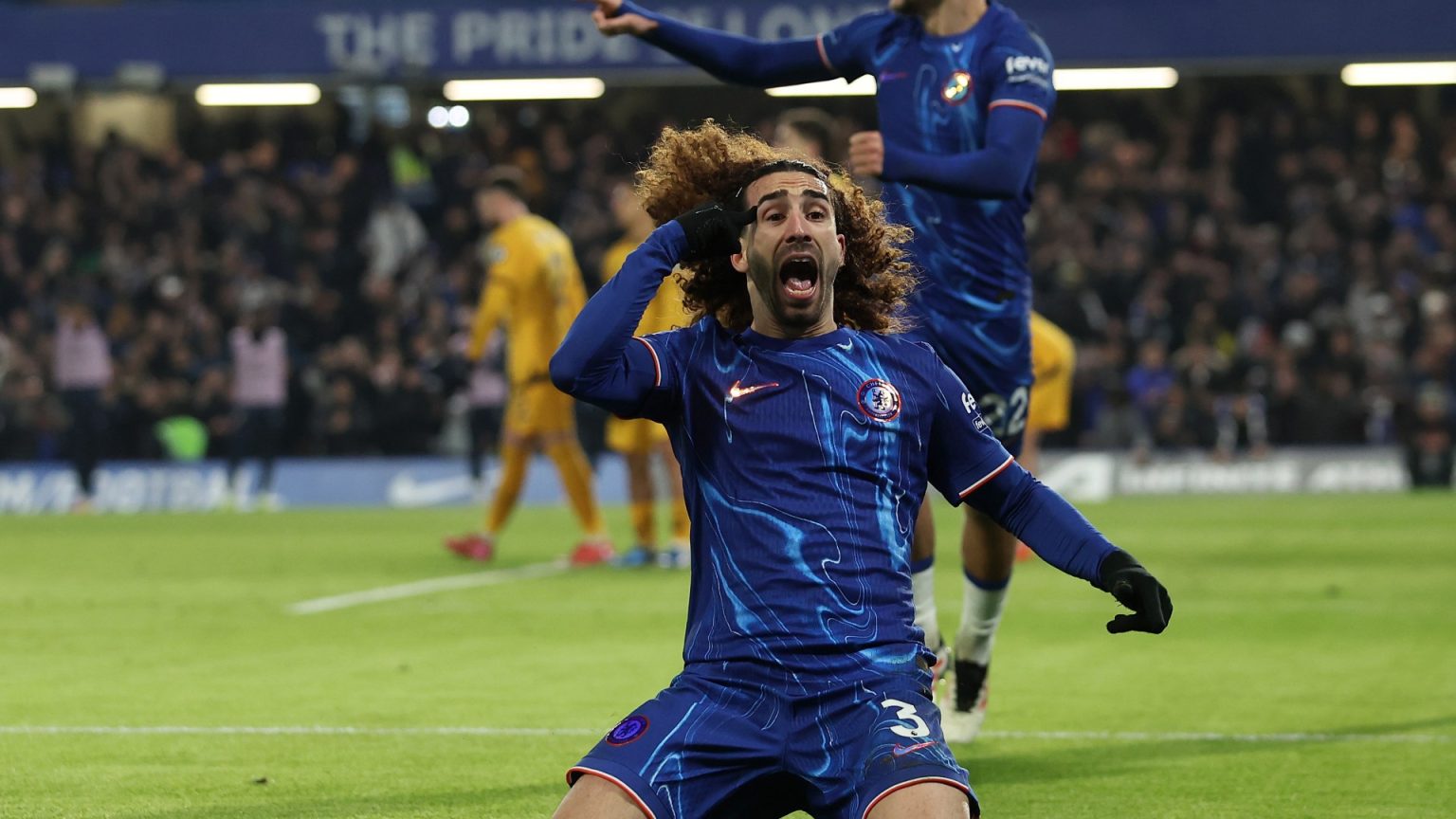Enzo Maresca, the newly appointed manager of an undisclosed club (presumably Leicester City, based on the mention of a weekend trip to the Etihad Stadium to face Manchester City), finds himself in a unique position. His team is unexpectedly vying for a Champions League spot alongside his former club, Manchester City, now managed by his friend and mentor, Pep Guardiola. The upcoming match carries significant weight, with neither team willing to concede ground in the fiercely competitive race for top-four qualification. For Maresca, a victory against Guardiola’s formidable side would be a momentous achievement, solidifying his managerial credentials and asserting his team’s Champions League ambitions. This reunion and rivalry storyline adds a layer of intrigue to the already high-stakes encounter.
The unnamed team, heavily implied to be Chelsea based on subsequent context, enters the latter half of the season with a distinct advantage in the Champions League pursuit. Boasting a deep and talented squad, they are better equipped than most to handle the rigors of a demanding schedule. Their participation in the Europa Conference League allows them to strategically rotate players, resting key members of the first team while providing valuable game time to fringe players. This flexibility contrasts sharply with their rivals who are competing in more demanding European competitions like the Champions League or Europa League, forcing them to prioritize their starting lineups and potentially risking player fatigue and injuries. This strategic advantage, coupled with Maresca’s tactical acumen, places the team in a prime position to consolidate a top-four finish.
The expectation for Chelsea, heavily hinted at throughout the text, is nothing less than a Champions League qualification. Their squad depth and quality are considered significant strengths, setting them apart from other contenders. The club’s investment in assembling a talented roster underscores their ambition to compete at the highest level of European football. The pressure is on Maresca to deliver on this expectation and guide his team to a top-four finish, validating the club’s investment and demonstrating his managerial prowess.
The Europa Conference League, often perceived as a lesser European competition, becomes a strategic asset for Chelsea. It allows them to manage player workloads effectively, providing crucial rest for key players involved in the Premier League campaign while simultaneously offering invaluable experience to younger and less seasoned members of the squad. This rotation policy not only mitigates the risk of injuries but also strengthens the overall team dynamic by ensuring that all players feel involved and contribute to the club’s success. Furthermore, the less demanding travel and fixture schedule of the Conference League compared to the Champions or Europa Leagues offers a competitive edge in the domestic league.
Marc Cucurella, Chelsea’s Spanish defender, showcased his multifaceted abilities in a recent victory against Wolves. His performance extended beyond his defensive responsibilities, actively contributing to the team’s attacking play. He demonstrated a keen sense of positioning in the attacking third, consistently finding himself at the end of crosses into the box, culminating in a well-deserved goal. This strong performance not only highlighted Cucurella’s offensive contributions but also underscored his importance to the team after a period of inconsistent form. His resurgence bodes well for Chelsea’s aspirations, adding another dimension to their attack and solidifying their defensive stability.
This revitalized Cucurella adds another layer to Chelsea’s already strong squad. His performance against Wolves is not merely an isolated incident but rather a testament to his potential and adaptability. His ability to seamlessly transition between defensive duties and attacking contributions makes him a valuable asset. Cucurella’s renewed form provides Maresca with more tactical options, strengthening the team’s overall performance and increasing their chances of achieving a top-four finish and securing Champions League football. This depth and versatility are crucial elements in navigating the long and demanding Premier League season, particularly during the critical final stages where squad rotation and tactical flexibility can be the deciding factors in achieving success.











